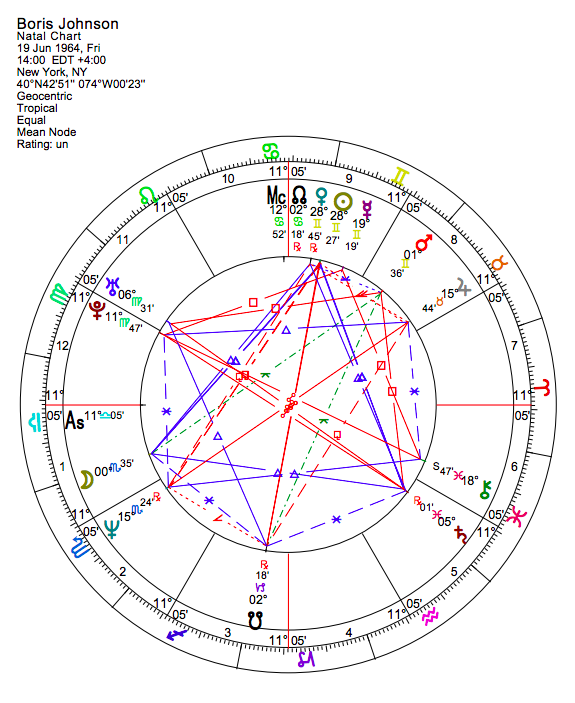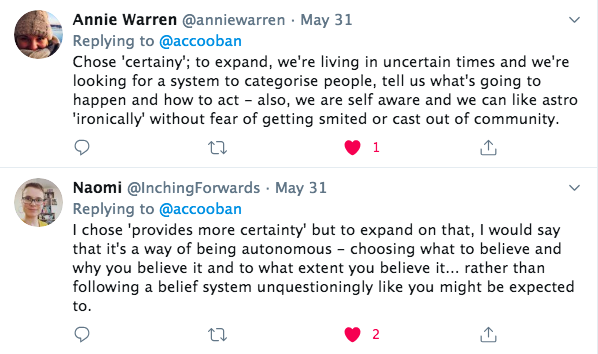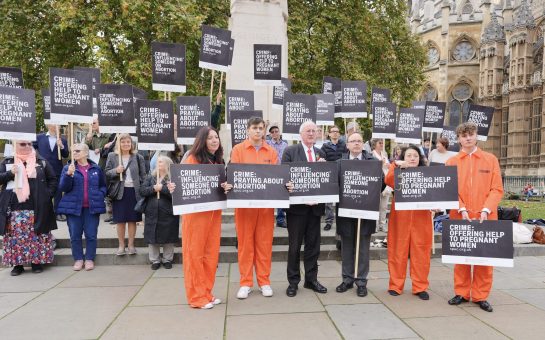Anna Cooban
June 16 2020, 09.30
Follow @SW_Londoner
Millennial and ‘gen Z’ cohorts are embracing New Age practices in a time of uncertainty.
Mercury is in retrograde. You might have noticed. The phenomenon is powered by an optical illusion, where Mercury appears to stop and move backwards from its orbit.
To followers of astrology, an upset in Mercury’s rhythm – the planet of communication – signals a period of misfortune; laptops break, emails go unanswered, relationships strain.
An observer of social media will notice the proliferation of hashtags and memes charting Mercury’s movements.
Astrology, along with other forms of New Age philosophy such as tarot and palmistry, are counting a new band of young adherents.
These ancient belief systems are experiencing a revival among millennial and ‘gen Z’ audiences.
A 2018 study showed that British adults aged between 18 and 34 were the group most likely to believe in paranormal activity, including ‘ghosts’ and ‘spirits’, at 39%.
And, in the US, a majority of those aged 18 to 24 consider astrology at least ‘sort of’ scientific, according to a survey by the National Science Foundation.

It is not only online that New Age perspectives are flourishing. Practising astrologers have noticed an increase in the number of clients aged 18 to 35 seeking their services.
Sue Merlyn has been practising astrology for 40 years in north London and is qualified with the Faculty of Astrological Studies.
“Young people at the moment are more interested in self-knowledge and looking at life from a big-picture perspective,” she said.
“This has been a very noticeable shift in the past five years.”
Merlyn’s clients will typically come to have their natal chart read, a process involving a series of mathematical steps to capture the exact position of the planets at the time of their birth.
This celestial snapshot is believed to influence personality, our family, romantic and career prospects.
Astrology has its roots in ancient Babylon in 20th century BC and spread across the ancient civilisations of Greece and Rome in the centuries that followed.
Astronomy, an evidence-based branch of science studying celestial objects, flourished in the 17th century Renaissance, and gradually replaced astrology’s dominance.
Even the most unbelieving will be familiar with their ‘sun sign’ – one of the 12 characters of the Zodiac – based on their date of birth, yet astrologers will introduce clients to their moon and mercury signs, said to influence your emotional and intellectual inner-life respectively.

The practice experienced a revival in the New Age movement of the 1960s and 70s and became packaged for mass media consumption in newspaper and magazine horoscope pages in the decades since.
Now, people are showing a renewed interest in its spiritual basis, driven by the young.
“I think for a lot of younger people, the classic religions have failed them a little bit. They don’t always offer enough,” said Merlyn.
Indeed, the recent rise in astrology’s popularity contrasts with a sustained decline in organised religion.
A British Social Attitudes Survey in 2018 put the drop in religious belief in the UK as ‘one of the most important trends in post-war history’.
In the survey, 52% of the public reported not belonging to any religion, down from 31% in 1983 when the survey began.
Spiros Philippas is a part-time astrologer based in London and has been practising since 2008.
“I work more from within a psychological framework than purely predictive. I work with people who are primarily interested in getting to know themselves,” said Philippas.
“I am seeing more and more people born in the 1990s coming for readings.”
Asked what might explain this trend, Philippas said: “I think they’re interested in because, firstly, astrology is really cool and, secondly, they are a generation faced with very difficult circumstances; precariousness in work, lots of anxiety, their world is not as stable as for previous generations.”
Philippas draws the line for ethical reasons at suggesting specific times for caesarean births – which some clients have requested – based on the astrological chart’s assessments on personality, romantic and career success.
What do you think is the main reason young people are increasingly turning towards ‘New Age’ ideas (e.g. astrology and tarot)?
— Anna Cooban (@accooban) May 31, 2020
Comment below to add other ideas!

Despite astrology’s resurgence, one demographic constant remains.
“There are far more women than men. The numbers of men in my astrology classes have been increasing, but still 70 – 80% are women,” said Merlyn.
Tarot card readings are similarly popular. Another form of New Age philosophy, tarot cards use vivid imagery and character archetypes to help divine a person’s future and make sense of their past.
Birmingham-based tarot card reader, Emma Palmer-Freeth, has noticed the same gender imbalance.
She said: “My clientele are mostly women in their late 20s or late 40s.
“I have noticed a big interest among young people. They are much more open to it.
“They may not have the same resources to spend on tarot readings as older generations but they still come, and particularly at moments of crisis in their lives.”
However, Palmer-Freeth is adamant that, while tarot can be used to peer into the future, the actions we take now override any predictions.
“I look for patterns, those of the past and how they might influence the future. But the future is very much decided by our conscious decisions. I urge my clients to break negative patterns they might be getting into, to help shape their futures,” she said.
Christopher French, professor of psychology at Goldsmiths University, puts astrology and tarot, as well as other beliefs in the paranormal, under the umbrella of ‘magical thinking’.
“At times when things seem to be going beyond our control, this magical thinking seems to increase,” he said.
“For some people, having a belief system that may provide a way of giving some clues as to what’s around the corner, helps reduce uncertainty and feels like a form of guidance.
“Does it work in the sense of its validity? The answer is no. But does it work to provide comfort to someone going through a stressful period in their lives? It’s reasonable to say this is the case.”
French points to the similarities between astrology and religion.
“For some people there’s a disillusionment with organised religion, which by and large is becoming less popular. For some people to answer metaphysical questions, they turn to New Age type ideas,” he said.
Yet, its scientific validity might not be important. New Age practices can provide comfort and enjoyment in a turbulent world.
In particular, Philippas sees astrology as a tool to access greater self-awareness.
“It’s a psychological, spiritual and philosophical tool to better understand yourself and others and your place in the world.”
In our hyper-connected, accelerated age, young people are turning away from traditional spirituality towards more ancient forms.
These beliefs exist uneasily alongside science. But, like all spirituality, this might not matter.
Featured image shows Palmer-Freeth doing a tarot card reading for a client (photo credits: Emma Palmer-Freeth).




